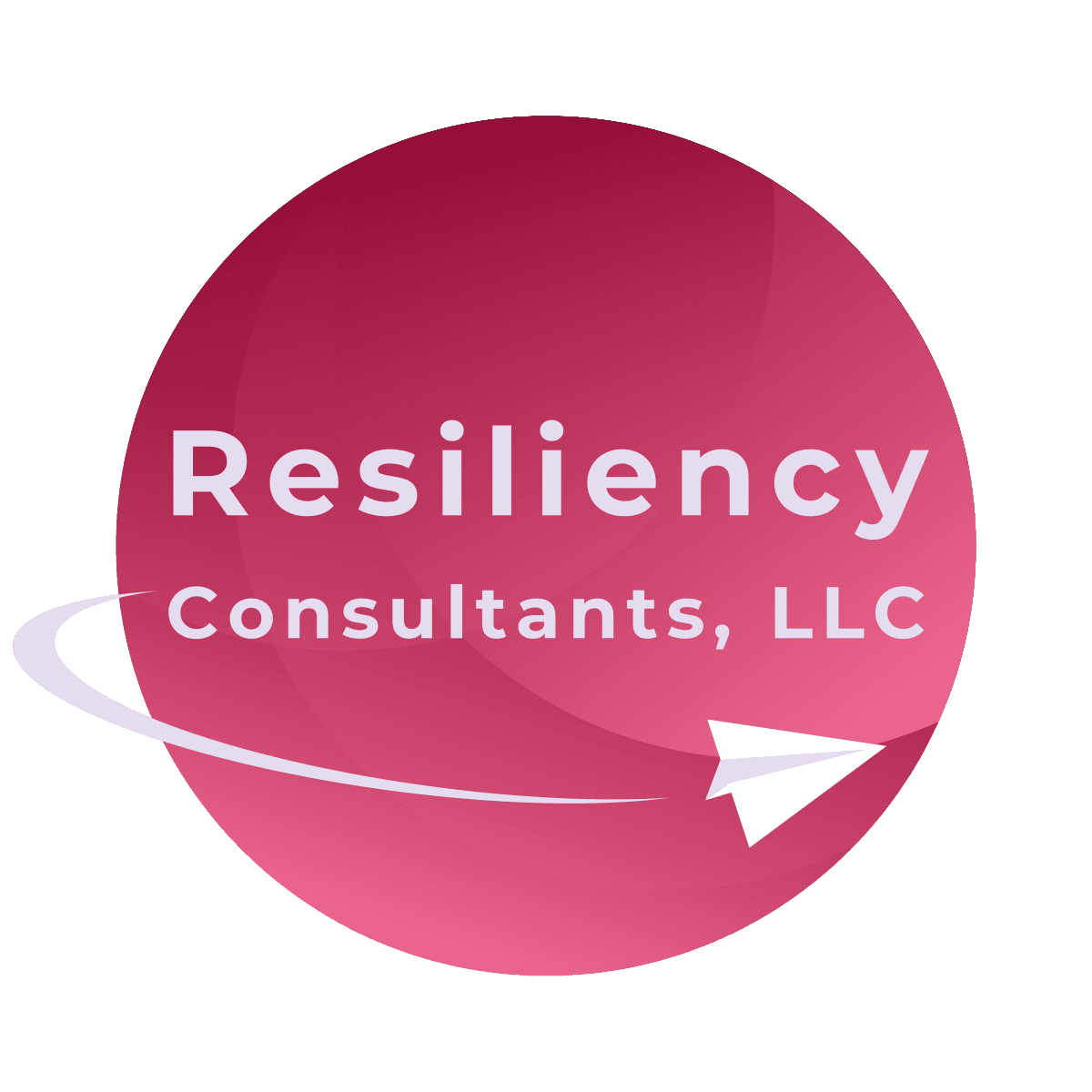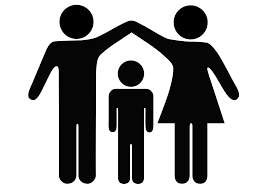Educators/Caregivers
In-Person & Virtual Workshop / Keynote Titles & Descriptions
See Dr. Callands in Action
Know Your Numbers - Men's Panel Discussion
(Intricacies of mental health, self-care and social solidarity)
While navigating and surviving the COVID-19 pandemic, we are facing a global
catastrophe with vast social, political and economic implications. If the pandemic was not enough to endure, many of us are encountering the ramifications of social injustice, racism, police brutality, and gun violence in the city. These forms of adversity can impede one’s psychological and physiological functionality. In these trying times, mental wellness and social solidarity are essential for survival.
Researcher and consultant, Dr. Curtis Callands, designed the workshop “Why Do I Feel This Way,” to help young men mitigate the exacerbating impact of mental illness. Participants will engage in an exciting presentation and discourse discussing the intricacies of mental health and its healing process. Dr. Callands is an eminent speaker with experience as a native of Philadelphia who survived community gun violence as a youth and who used weightlifting and collegiate football as his outlets for healing. As a former special education teacher and current behavioral health school principal, Dr. Callands will discuss the variations of mental health’s impact on youth, physical and emotional signs, anxiety, causes of depression and interventions, strategies for managing stress, and self-care practices. As young men who will become the leaders of tomorrow, the presentation will dismantle the stigmas of mental illness and embrace the importance of mental wellness. Come and be part of a community of social
Options Includes:

Invite Dr. Curtis Callands to speak at your next event
Have a question? I am here to help. Send me a message and I will be in touch.














